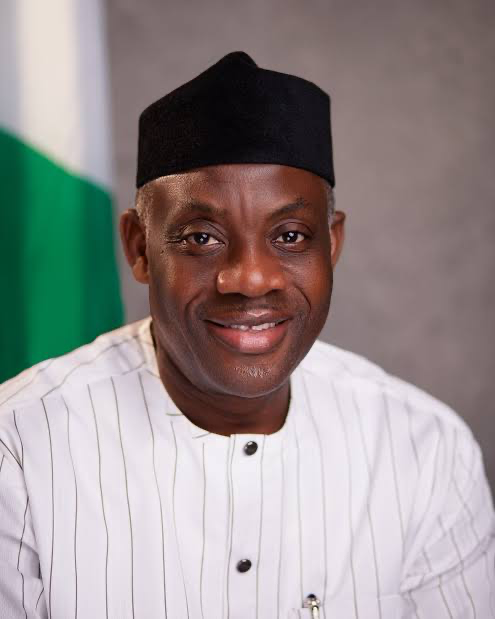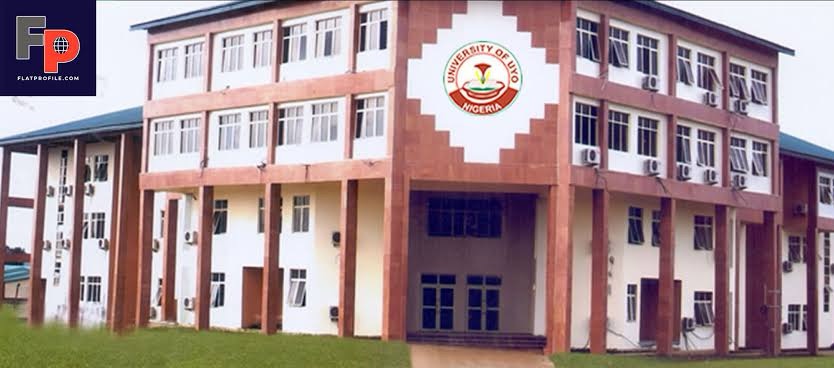In a decisive move to address the challenges facing Nigeria’s education sector, the Federal Executive Council (FEC), led by President Bola Tinubu, has approved a five-year moratorium on the establishment of new federal universities, polytechnics, and colleges of education across the country.
Education Minister Tunji Alausa outlined the rationale behind this decision, emphasizing that the current educational challenges are not about access but rather the redundancy of institutions. This duplication has resulted in a significant decline in infrastructure, resources, and qualified personnel.
“Access to high-quality education is no longer the primary concern,” Alausa stated. “What we are witnessing is the proliferation of federal tertiary institutions, which has led to diminished capacity and a degradation of both infrastructure and manpower.”

He highlighted the vast landscape of Nigeria’s tertiary education, noting the existence of 72 federal universities, 108 state universities, and 159 private universities, along with similar trends in polytechnics and colleges of education. According to Alausa, this overabundance of institutions has not been matched by adequate demand or resource allocation.
“The disconnect between the number of institutions and the number of prospective students is alarming,” he added. For the 2024-2026 academic sessions, approximately 2.1 million young Nigerians applied to tertiary institutions. However, 199 universities attracted fewer than 100 applicants, and shockingly, 34 universities received no applications at all. Similar patterns were observed in polytechnics and colleges of education, with 295 polytechnics and 219 colleges experiencing low application numbers, including 64 colleges with no applicants.
This situation leads to wasted resources and inefficiencies. Alausa cited an example from the northern region, where a federal university had fewer than 800 students but employed over 1,200 staff, highlighting the unsustainable nature of such disparities.
The new moratorium aims to correct these inefficiencies by refocusing resources on upgrading existing institutions and enhancing both infrastructure and manpower. “We must improve the quality of our education system and increase the capacity of our current institutions to ensure that Nigerian graduates continue to earn respect on the global stage,” he asserted.
Alausa expressed gratitude to President Bola Tinubu for his steadfast support and commitment to education reform, acknowledging the president’s strong political will. “The president is dedicated to providing every Nigerian with a world-class education, and his commitment has been instrumental in advancing these reforms,” he concluded.


